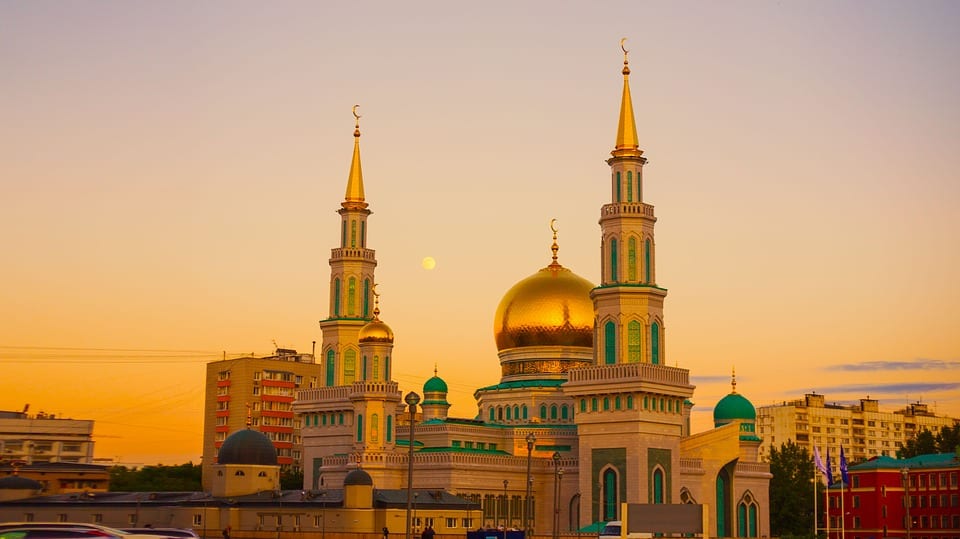
An Expat Guide to Understanding Ramadan
The Middle East is unlike any other region on the planet. Its people and their customs and traditions are so unique that my expats fail to realise just how special each country of the Middle East is. For this reason, many expats fail to understand how the region operates and end up disrespecting many Middle Eastern people and their values. What should be a peaceful co-existence can sometimes be tarnished by the ignorance of a handful.
For this reason, we wanted to shine a light on Ramadan; one of the most intriguing holy events to expats and one which they want to understand. Ramadan is the Muslim religion’s holiest month of the year and countries such as Saudi Arabia, Libya and Dubai want expats to have a full grasp of the Islamic belief.
What is Ramadan?
Ramadan is the ninth month of the Islamic calendar and is observed by Muslims worldwide. The month-long holiday is a period of prayer and reflection for Muslims between sunrise and sunset each day. The purpose of Ramadan is to cleanse the body of impurities and to allow Muslims to understand how the less fortunate may feel.
During Ramadan Muslims do not eat, drink or smoke between sunrise (fajr) and sunset (maghrib). It is also commonplace to visit family and friends more regularly and be charitable to those in need. Emotions such as greed, envy, lust and anger should be kept at bay and actions should be pure at all time.
Ramadan is a time of fasting for spiritual contemplation.
What should expats remember about Ramadan?
Muslims throughout the world and Middle Eastern countries do not expect expats to practice the principles of Ramadan. However, Middle Eastern countries do have certain rules in place throughout Ramadan and expats should be wise to these and embrace them as a mark of respect to the Islamic culture.
Expats should remember that:
- It is a criminal offence to eat, drink or smoke in public between sunrise and sunset during Ramadan
- Dressing conservatively for the month is a must and women should cover their arms and legs, as well as toning down their make-up
- Muslims are not allowed to listen to music or dance during Ramadan so keep home and car stereos quiet
Day to day life is also affected during Ramadan:
- Cafes and restaurants remain closed for the month
- Modesty is to be maintained at hotel beaches and pools
- Shops are open very early in the morning or after 4pm
- Normal work hours change to 8pm to 2pm in most cases
- Nightclubs are closed
- Bars and pubs are open but no music is allowed
Ramadan and expats
Expats will need to be accepting that, during Ramadan, they will need to make minor adjustments to how they live their life. The month-long holiday period isn’t just beneficial to the Islamic community, non-Muslims can also see it as a time to reflect on themselves and understand all that they have to be fortunate for.
Furthermore, once the sun has gone down, the meal where the fast is broken for the day is a time for celebration. Family and friends get together and enjoy a home cooked meal. Many Muslims with non-Muslim friends get everybody involved and it is a welcoming event at the end of every day.
Expats should understand and embrace the spirit of Ramadan and recognise the importance of the holy month for their Muslim friends.
